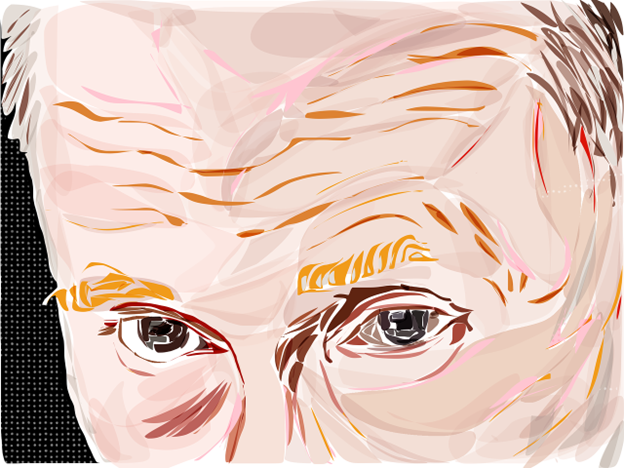Despite Russian Foreign Minister Sergei Lavrov’s statement that Moscow is maintaining strong economic ties in North Africa, the reality belies the picture he’s attempting to paint for the global media. The Foreign Ministry in Moscow calls the foreign minister’s recent tour of North Africa a success and says that Russia is building economic connections and gaining political influence in the region. Some analysts suggest, however, that this is a false narrative and Putin’s regime faces major political challenges in Morocco and Tunisia, despite its strong economic relationships. It is also significant that on Lavrov’s last trip to North Africa in December, he failed to stop in Algeria, Russia’s most significant regional partner in recent decades.
“The approaches used by Moscow include control of the press in foreign countries; outright and partial forgery of documents; use of rumors, insinuation, altered facts, and lies; use of international and local front organizations; clandestine operation of radio stations; exploitation of a nation’s academic, political, economic, and media figures as collaborators to influence policies of the nation,” according to David Salvo and Andrew Andell of the German Marshall Fund.
Both Tunisia and Morocco are continuing their cooperation with Western nations and support of Ukraine despite Moscow’s political efforts to swing the region away from the West in recent years. To gain a larger economic foothold in these two countries, the Kremlin has resorted to exploiting North African “food security crises and supplying larger quantities of grain, says Dario Cristiani, of the Jamestown Foundation. Although Moscow’s grain shipments are ongoing, its appears Putin’s influence operations will not be successful in driving a defined political wedge between North Africa and the West.
Last December’s short trip to the region marked the first time in almost five years that Lavrov visited North Africa. At that time, he traveled to Morocco for one day to attend the Arab-Russian Cooperation Forum in Marrakech. While there he reviewed the details of their 2002 and 2016 partnership declarations that emphasized trade, energy, and agriculture. He then visited Tunisia for two days. According to the publication Jeune Afrique, Algeria boycotted the Morocco forum due to its deteriorating relationship with Rabat. Last summer President Vladimir Putin praised Moroccan King Mohammed VI’s efforts to improve his nation’s food security, as Russia’s role in supplying the country soft wheat surpassed that of Germany and Poland to rank third, behind only France and Lithuania.
“Russia wields great economic influence over Tunis,” says Cristiani. From January through October last year trade to Tunisia increased by 67.3 percent over the same period in 2022. Tunisia is suffering a food security crisis that is impacting more than 25 percent of its population, who are without adequate supplies of water or food. Russia is attempting to use this economic crisis to gain political influence. The Russian narrative emphasizes the Kremlin’s role in supplying grain shipments despite Putin’s attempt to block Ukrainian grain shipments to Africa. Cristiani says that Moscow is relying on the West’s lack of interest in strengthening bilateral trade and investment ties in the region to exploit North Africa’s need for food security and also hopes to turn it into political gains. He adds that “…the Kremlin exploited economic vacuums in the region, such as tourism in Tunisia after the 2015 terrorist attacks in Sousse or the energy sector in Morocco after US and European companies shied away from significant investments.”
It appears that Moscow is employing the same tactics again by pushing to become a primary source for wheat and cereals. Kremlin officials publicly like to claim Moscow doesn’t want to force North Africa to choose sides over grain shipments. The reality is that Russia may not have the option to gain a non-economic advantage.
Despite Kremlin efforts, Russia’s economic penetration in North Africa is not translating into increased political influence nor is it effectively undermining the United States’ regional political ties. Rabat and Tunis continue to maintain a strong partnership with Kyiv and publicly support Ukraine in its war with Russia. A further complicating factor for Putin’s regime is that Morocco and Algerian relations are increasing strained, making it a challenge for Moscow to balance its relationship with both countries.
Russia’s false narrative of improved ties with North Africa needs to be examined holistically as the critical need for food and water may cause the region to trade with Putin’s regime, but it is unlikely it can translate that critical need to expand Russian political influence.
